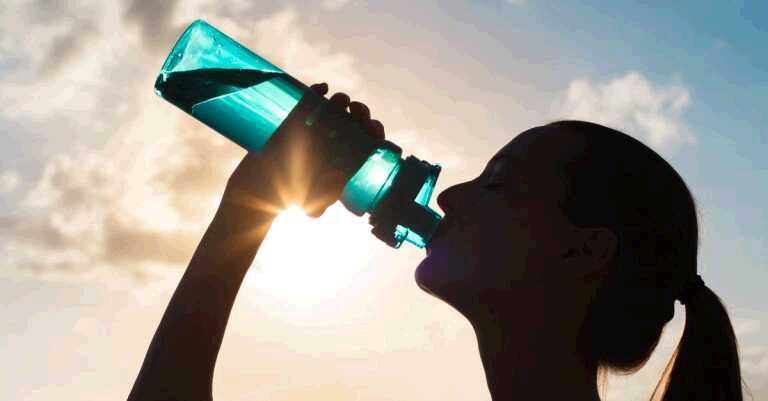
Water is life. Humans are made up of more liquid than they are flesh. In fact, you’re composed of up to 60% water. Some of your organs are even more fluid. For instance, the heart and brain are up to 73% H2O while our kidneys contain 79% water.
So, it’s really an essential part of the human body, despite the fact that you must replenish lost fluids on a daily basis.

Diabetics should emphasize on remaining hydrated throughout the day. Many functions rely on water for peak performance, from flushing toxins out of our urine to transporting blood cells and nutrients through our circulatory system. Yet, for those with diabetes, dehydration is a potential complication of their disease.
Why Do You Get Dehydrated?
When your blood sugar levels rise higher than they should, your body attempts to flush some of that excess glucose out. The sugar molecules are transported through your kidneys and into your urine. This is why you feel the urge to go to the bathroom more often when you have elevated glucose levels.
Naturally, your body uses more water during this process. You may feel more thirsty and drink more to keep up with the water loss. But if you have chronically elevated blood sugar levels or very high level, your body may not be able to keep up. So, you gradually become dehydrated over time.
What Does Dehydration Do To Your Body?
Well, it can cause some problems. When you get mildly dehydrated, you’ll feel thirsty and may develop dry eyes and dry mouth. You’ll also feel dizzy and tired.
If you allow the water loss to continue, you’ll become confused, lethargic, and develop a rapid pulse. This is because the heart has to work much harder to pump thicker blood through your veins. Water is being pulled from your skin, muscles, and other less essential areas to keep your organs functioning at this time.
However, for many people, it doesn’t get that bad. Most remain mildly to moderately dehydrated until they get the excess blood sugar levels under control. Until then, they may feel more run down, have dry skin, and even experience more symptoms of diabetic neuropathy from both the dehydration and the extra glucose in their blood.
References